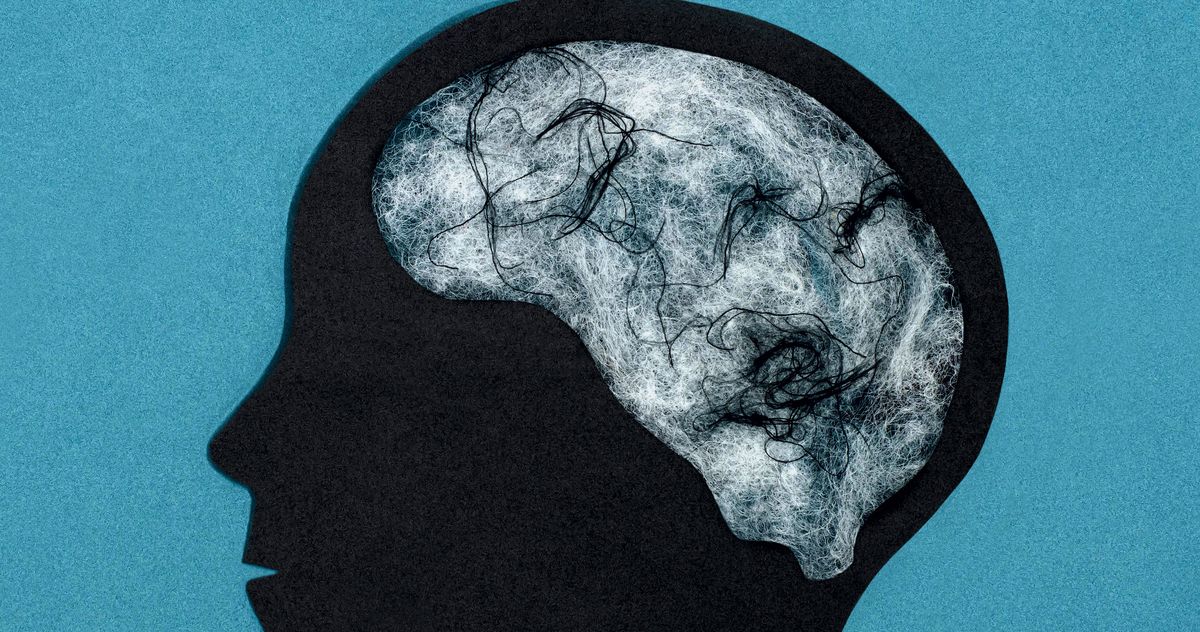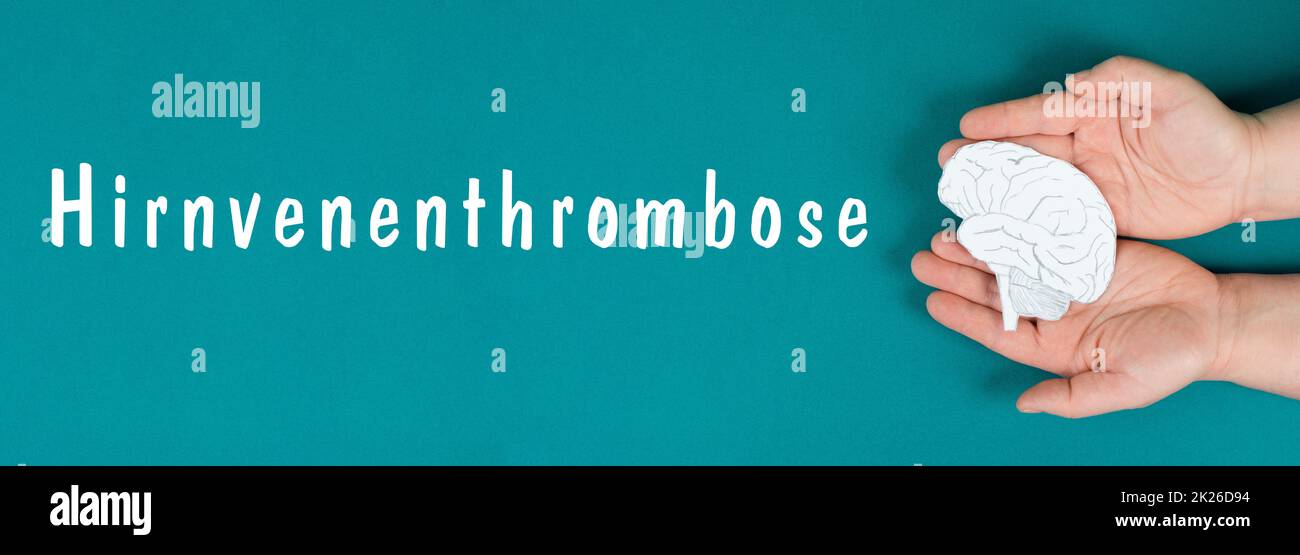

It's a common part of long COVID.Īnxiety, low mood and fatigue all play a role in affecting how your brain functions. The side effects are mainly: Arm soreness at the site of the injection (sometimes known as COVID arm) Fatigue.

It's not just people who were hospitalised with coronavirus who can develop brain fog. But other effects may be more subtle, such as the persistent impairment in sustained attention noted by Chinese researchers. As I described in a previous blog post, some can be devastating, such as encephalitis, strokes, and lack of oxygen to the brain. Speak to your GP if you're worried about your symptoms. There are many ways that COVID-19 can damage the brain. The Johnson & Johnson coronavirus vaccine has been linked to an extremely rare neurological disorder, according to the Centers for Disease Control and Prevention. While recovering from coronavirus (COVID-19), some people experience brain fog symptoms for a short time while others may experience brain fog for several months or longer. Fatigue and brain fog affected all domains and identified subthemes included symptoms synergistic effects, difficulty with multitasking, lack of support, poor. Brain fog is also common if you have depression, anxiety or stress. Only five of 40 patients had abnormal VNG indications of. All patients had brain MRI, but no MRI findings indicated inflammatory changes from infections or antibody reactions. You may get similar symptoms after other infections, a minor head injury or during the menopause. Results: Of the 40 patients examined, 20 began experiencing dizziness after testing positive for COVID-19 and 20 reported dizziness after receiving the vaccines. It's not the same as dementia and does not mean structural damage to the brain. Brain fog is not a medical term but used to describe a range of symptoms including:īrain fog can feel similar to the effects of sleep deprivation or stress.


 0 kommentar(er)
0 kommentar(er)
